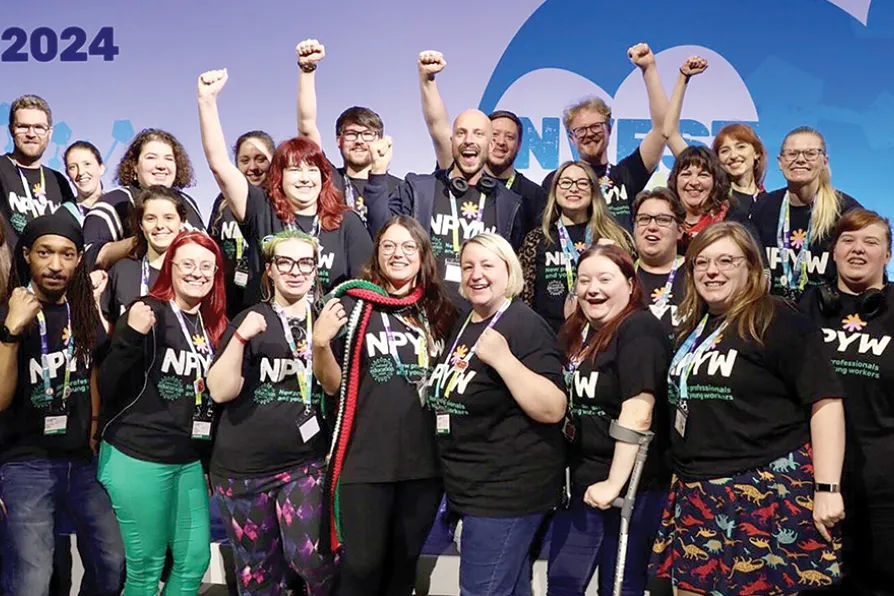The US assault on Venezuela is brazen and unlawful – yet our PM claims uncertainty. By refusing to confront Trump’s naked imperialism, Starmer abandons international law, mortgages British policy to Washington, and clears the ground for war, argues ANDREW MURRAY

 NEU FUTURE: Young members at the national conference
[Author supplied]
NEU FUTURE: Young members at the national conference
[Author supplied]
YOUNG workers today are channelling their frustration into action, refusing to be sidelined any longer.
Data reveals that those under 35 are increasingly dissatisfied with current political systems, spurred by years of unmet promises.
This generation is ready to fight for change, viewing socialism as a beacon of hope in a capitalist society that has consistently let them down.

Working-class women lead the fight for fair work and equitable pay and against sexual harassment, the rise of the far right and years of failed austerity policies, writes ROZ FOYER

Since 2023, Strike Map has evolved from digital mapping at a national level to organising ‘mega pickets’ — we believe that mass solidarity with localised disputes prepares the ground for future national action, writes HENRY FOWLER

KEVAN NELSON reveals how, through its Organising to Win strategy, which has launched targeted campaigns like Pay Fair for Patient Care, Britain’s largest union bucked the trend of national decline by growing by 70,000 members in two years











